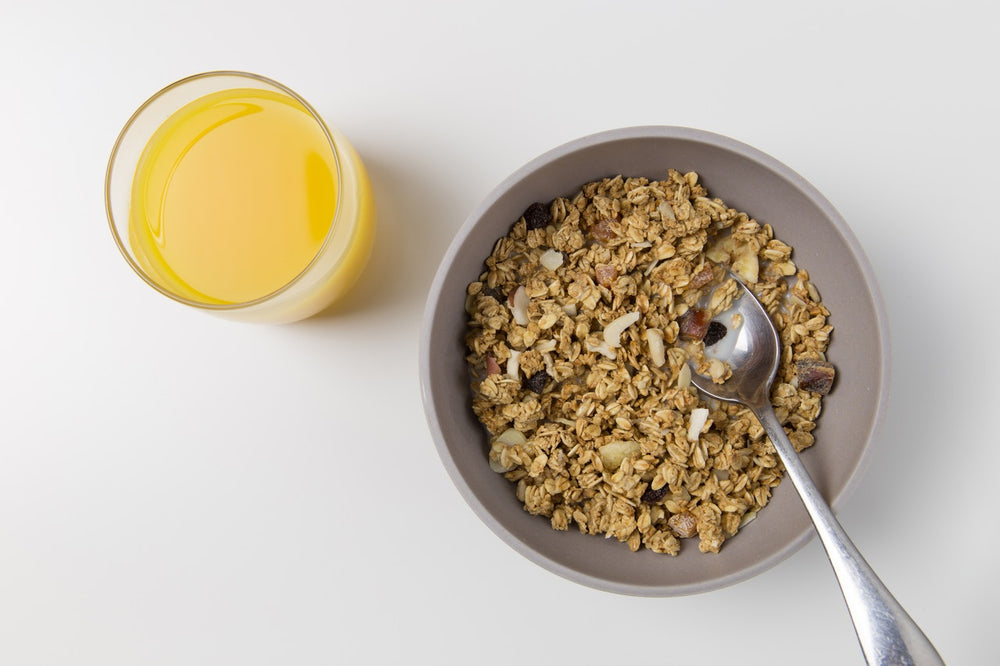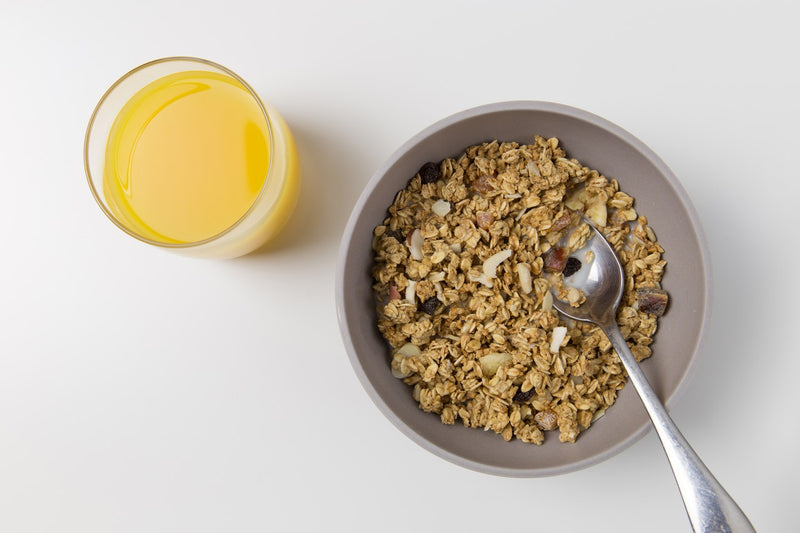Vitamin B6 is an essential vitamin used by your body for a range of different processes, including the creation of red blood cells and metabolism of fat, carbohydrate and protein.
As the body can’t produce vitamin B6 on its own, you need to get it from food sources or by taking vitamin B6 supplements.
The good news is, vitamin B6 is very bioavailable so it is easily absorbed by the body. The bioavailability of vitamin B6 supplements is above 90% while vitamin B6 from food is more than 75% bioavailable.
Here’s how to tell if you need to increase your vitamin B6 intake.
You’re vegetarian or vegan
If you are vegetarian or vegan, it’s a good idea to keep an eye on your vitamin B6 intake. Some studies have shown that people following plant-based diets are at risk of being vitamin B6 deficient. In one study of adults in Switzerland, almost 60% of vegetarians were found to have a vitamin B6 deficiency.
Vitamin B6 is found in many different plant-based foods. Good sources include wheat germs, sprouts, soy beans, whole oats and pulses. You can also increase your vitamin B6 intake with superfood gummies too.
You have a restricted diet
Though most people will be able to get enough vitamin B6 from their diet, if you follow a very restricted diet you could be at risk of vitamin B6 deficiency. Whether for health reasons or as a matter of taste, if you don’t eat foods that contain vitamin B6 you may need to take a supplement.
Cereals, meat, fish, poultry, and noncitrus fruits are the top contributors of vitamin B6 in most Western diets. Rich sources of vitamin B6 also include highly fortified cereals, beef liver, and other organ meats.
You’re a smoker
Smoking has also been found to put you at higher risk of vitamin B6 deficiency. Researchers found that tobacco smoking is associated with lower intake of important macronutrients, including vitamin B6, vitamin C and folate.
Smoking also has a direct effect on vitamin concentrations in blood plasma and smokers require a higher intake of vitamin B6 to reach healthy levels in the body.
You’re pregnant
There is some evidence that vitamin B6 supplements may be beneficial during pregnancy. For instance, vitamin B6 has been used to treat morning sickness during pregnancy, helping to reduce the severity of nausea and vomiting.
Levels of maternal vitamin B6 can also decrease during pregnancy, which may make it necessary to have vitamin B6 supplements. If you have questions about taking vitamin B6 supplements during pregnancy, you should consult a health professional.
You’re considering pregnancy
If there is a chance of you becoming pregnant, keep a close watch on your vitamin B6 intake. Vitamin B6 is crucial for a healthy pregnancy, from conception right through to the third trimester.
That means that it’s important to have adequate levels of vitamin B6 in your body if you become pregnant, even if it is unplanned.
A Canadian study of healthy young adult women in Vancouver found that some women were deficient in vitamin B6 and that women with higher BMI and South Asian ethnicity were more likely to have low vitamin B6 levels.
Studies also suggest that the use of oral contraceptives could reduce the amount of vitamin B6 in the body.
The importance of vitamin B6
Vitamin B6 has a vital role in the body, including in the endocrine system, immune function and cognitive development.
While many people can get enough vitamin B6 from their everyday diet, some groups might be more at risk of vitamin B6 deficiency than others.
Our ACV gummies contain vitamin B6 and B12, along with vitamin C, folic acid and antioxidants. Made from all natural ingredients, they’re an easy and healthy way to make sure you get your recommended vitamin B6 intake every day.
**At Free Soul, your wellbeing is our priority, and although we pride ourselves on our expertise in women's health and wellbeing, it is important to acknowledge the individuality of each person. Features published by Free Soul are not intended to treat, diagnose, cure or prevent any disease, or replace the advice of your GP. We always recommend consulting with a healthcare provider if you encounter any health concerns, and we’ll always be here to support you so you’re never alone on your journey.

